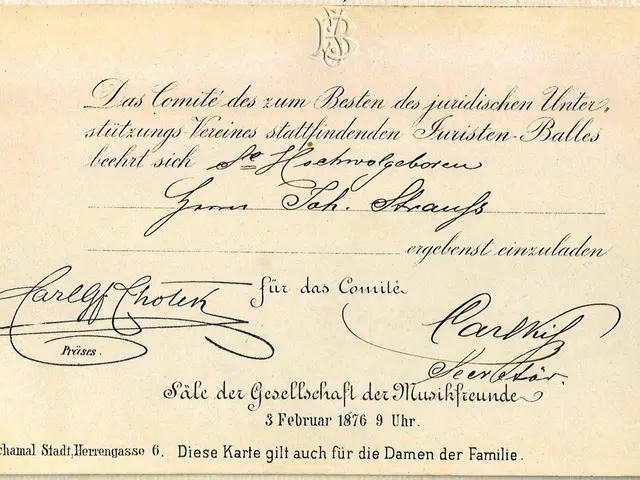Nation's car predicament sparks concern among ministers, signaling a potential national split
In the heart of Brandenburg, the region's Minister of Economics, Daniel Keller, has expressed his concerns over the potential shift in the automotive industry, particularly at the Mercedes plant in Ludwigsfelde. The plant, currently active in producing electric commercial vehicles, has become a hot topic in the ongoing auto crisis.
For years, employees in eastern Germany have contributed to the success of the industry, and Keller praises the loyalty of small and medium-sized enterprises in the region. However, he fears that larger corporations, such as Mercedes, could save on the east to strengthen their western locations. This, Keller considers, is a breach of entrepreneurial responsibility.
Mercedes has announced plans to build an eVan competence center and a pilot production line for electric vans in Ludwigsfelde. This move aligns with the shift towards electrification in the German automotive industry. The plant is currently producing the eSprinter chassis, used for delivery vans such as those operated by REWE in Germany.
However, Keller and trade unions such as IG Metall have expressed concerns that these plans may not provide structured jobs. They argue that a one-sided consolidation is not a solution, and the potential move could result in the loss of hundreds of jobs and a shrinking production facility by 2030.
The crisis in the German automotive industry is due to growing price competition, US tariffs, and aggressive market strategies from China. Many companies in eastern Germany fear being the first to cut costs in this tense situation. The question arises about how to balance location loyalty with competitiveness in a shrinking market.
Critics argue that these plans are not sufficient to secure structured jobs. Trade unions and politics are preparing talks with the management in Stuttgart, demanding a binding future concept beyond 2029.
Despite the concerns, the Ludwigsfelde plant remains operational, and the region sees infrastructure and logistics investment, which may bolster industrial stability. The ongoing manufacturing activity at the site suggests investment in future-oriented vehicle manufacturing.
However, after 2029, the future of the plant is uncertain as the planned eSprinter may move to Poland. Keller has threatened resistance against such actions, and the economic worries and potential job losses at the plant have affected the trust of the workforce.
Sources: [1] Mercedes-Benz delivers electric vans to REWE [2] Brandenburg invests in infrastructure for industrial and logistics development
Mercedes' plans to invest in an eVan competence center and a pilot production line for electric vans in Ludwigsfelde, while aligning with the industry's shift towards electrification, have raised concerns within the local community, particularly from other industries such as finance and aerospace, due to potential job losses and a possible breach of entrepreneurial responsibility.
Despite the investment, the future of the plant and the jobs associated with it beyond 2029 remain uncertain, sparking concerns among trade unions and politicians, who are pushing for a binding future concept beyond that year. These ongoing concerns have dampened the morale of the workforce, potentially affecting productivity in other sectors like finance and aerospace within the region.








